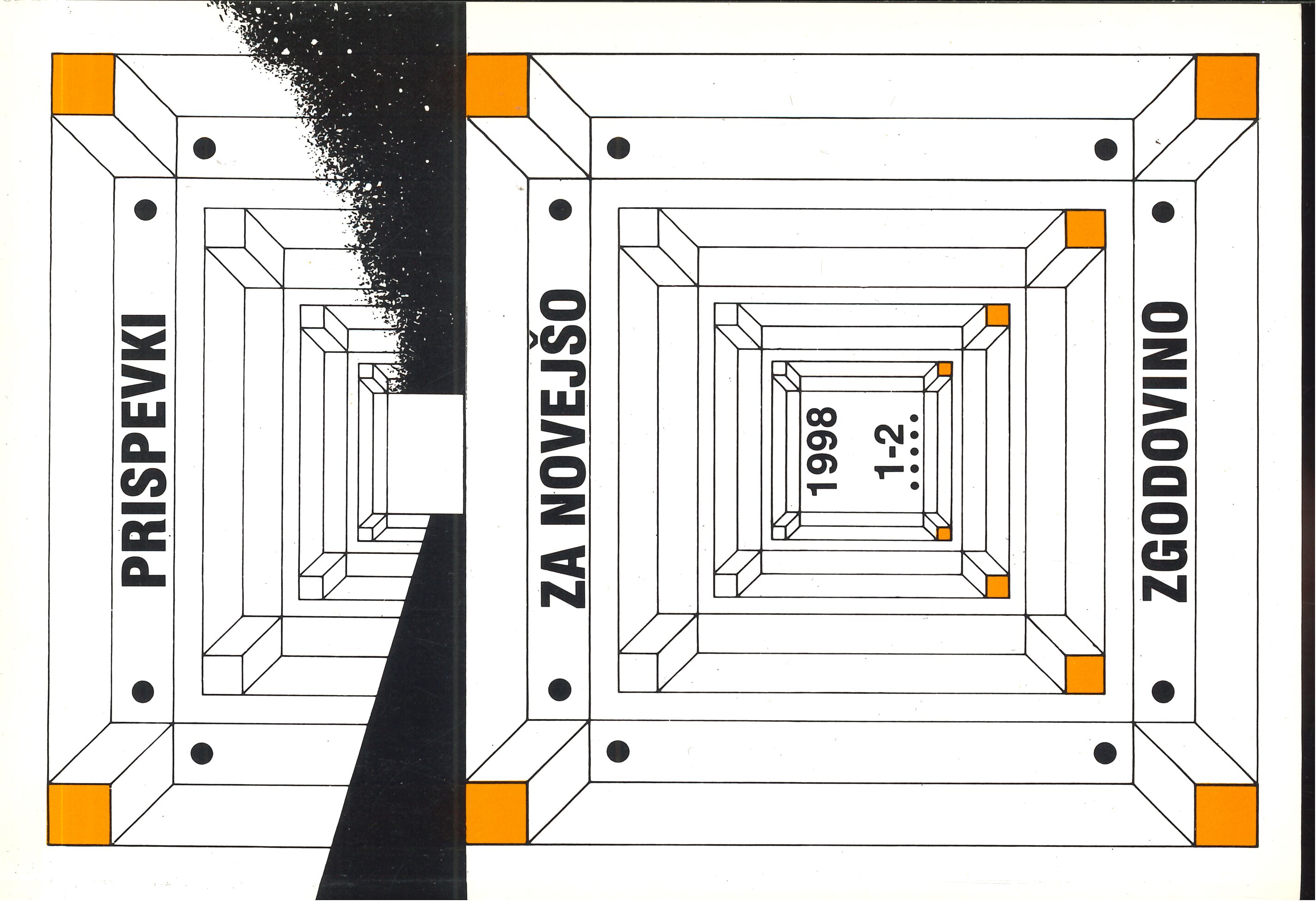The Inform Bureau Resolution and the Liberated Territory of Trieste
Standpoints of the pro-Yugoslav faction of the Communist Party of the Liberated Territory of Trieste (CPLTT) during the first year of the resolution
Keywords:
Svobodno tržaško ozemlje, komunistična partija, informbirojska kriza, tržaško vprašanjeAbstract
The treatise is based on archive material and discusses the consequences of the split within the CPLTT and within mass organizations after the announcement of the IB resolution. Further it presents the standpoints of the pro-Yugoslav faction of the CPLTT. Until the announcement of the IB resolution, Yugoslavia had a large effect on left-wing movements in Trieste territory, but afterwards it lost almost all of its influence, even among Slovene population. These, as a result, broke their contacts with the native country for many subsequent years. The pro-Yugoslav faction of the CPLTT faithfully followed the guidelines of the Yugoslav leadership who, even in the autumn of 1949, still tried to prove that they were more "Stalin-like" than Stalin himself.
Downloads
Published
Issue
Section
License
Authors who publish with this journal agree to the following terms:
- Authors retain copyright and grant the journal right of first publication with the work simultaneously licensed under a Creative Commons Attribution License that allows others to share the work with an acknowledgement of the work's authorship and initial publication in this journal.
- Authors are able to enter into separate, additional contractual arrangements for the non-exclusive distribution of the journal's published version of the work (e.g., post it to an institutional repository or publish it in a book), with an acknowledgement of its initial publication in this journal.
- Authors are permitted and encouraged to post their work online (e.g., in institutional repositories or on their website) prior to and during the submission process, as it can lead to productive exchanges, as well as earlier and greater citation of published work (See The Effect of Open Access).


